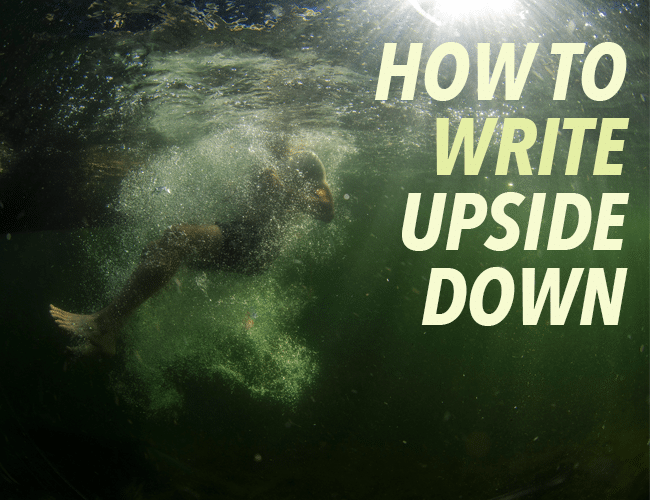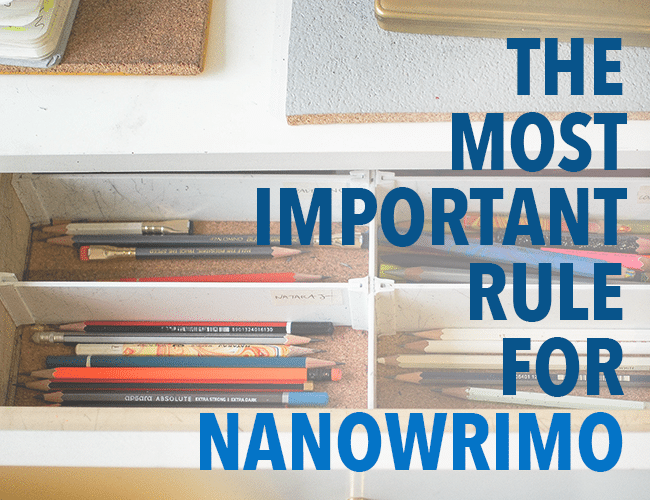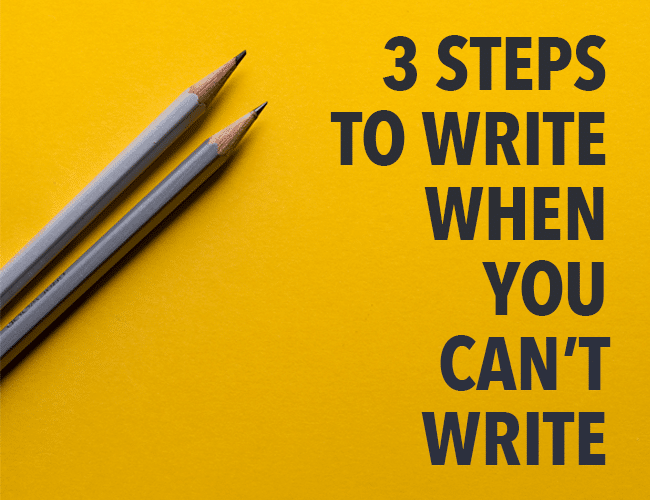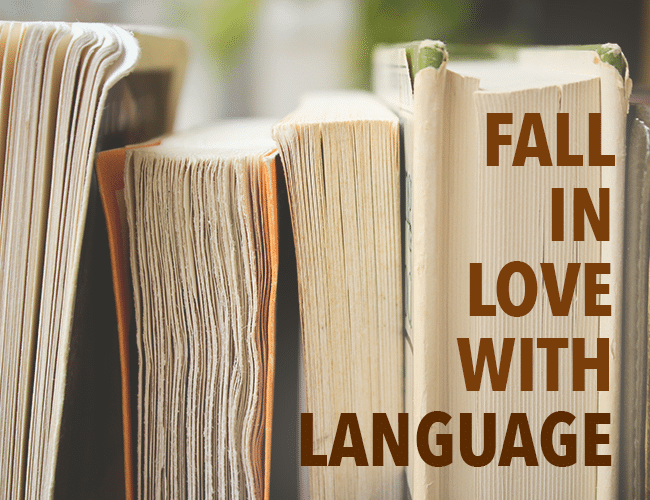
by Ruthanne Reid |
You have good taste. It’s why you got into this whole “writing” in the first place—you’re aware of good writing when you read it. Of course, this has both an upside and a downside.
The upside: you know good writing when you read it, so you know what you want your writing to be.
The downside: you know good writing when you read it, so you know your writing has a long way to go.

by Ruthanne Reid |
At some point, your life as a writer will turn upside down.
The problems may come from health issues, from financial strain, from emotional stress, from relationship trouble, from any and every corner. It may come from the 500th rejection from an agent, from an unwelcome review or critique, or from plain old writer’s block.
Wherever it comes from, whatever turns your writing life upside down, I want you to be ready.

by Ruthanne Reid |
Over the next month, there is one rule I want you to keep as the foundation of everything you do during the month of November: Write it anyway.
I know how difficult this is. The inner critic gets vicious during NaNoWriMo, especially right around the middle of the month.
But your inner critic is a jerk. You can’t listen to it because the inner critic’s goal is not to make you a better writer. Your inner critic is trying to get you to quit.
Don’t quit. Write it anyway.

by Ruthanne Reid |
Ever had one of those weeks? The kind of week where life boils over, and even if you have time to sit down and write, you don’t have a lot of writing to give.
Sometimes, life goes nuts; when it does, it’s harder to write.
You’ve got nothing. No characters talking, no plot points singing. Your story seems dumb, your twist ending feels predictable, and you suddenly wish you’d never told anybody you were going to write because it’s gonna be humiliating when you fail.
We all have weeks like that—I know I do—and so today, I’m going to give you three steps to work through those troubled times when you can’t write at all.

by Ruthanne Reid |
English is so weird.
No, really. We only have 26 letters and a hodgepodge vocabulary that seems to make fun of itself. We use insane spelling and restrictive grammar that make no logical sense. I once heard the joke that English doesn’t “borrow” from other languages; it follows them into dark alleys, knocks them out, and takes their wallets.
Yet somehow, we use this cockamamie language to create beauty and power, to communicate multi-layered concepts and share one another’s lives. We use our broken, Frankensteinian tongue to reshape entire world views, to give hope, and to create empathy. That’s why, in spite of its flaws, I love it.
If you’re going to be a writer, you need to learn to love it, too—even when it drives you crazy.




